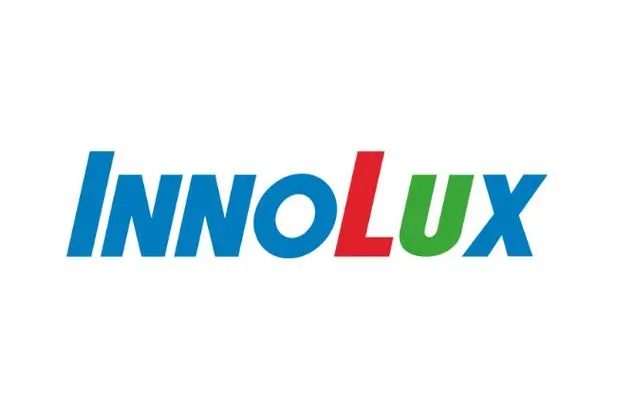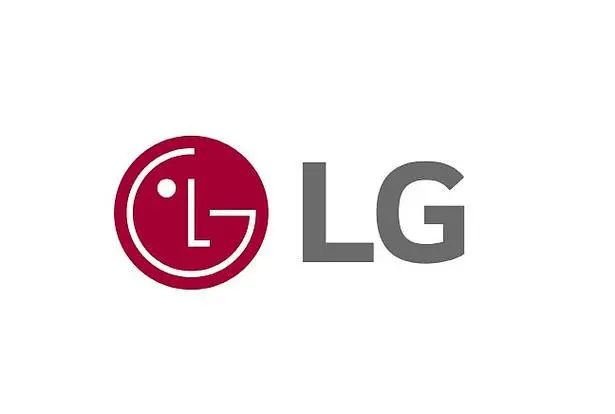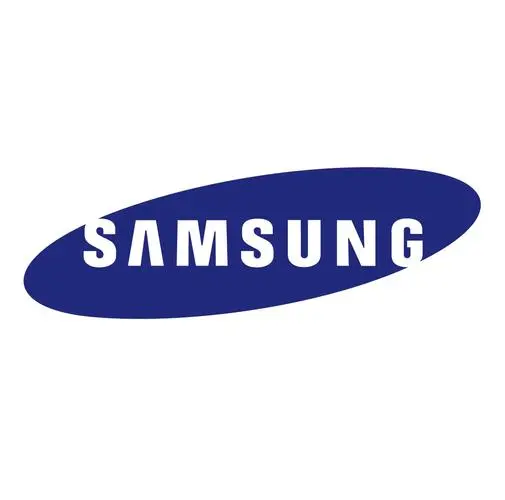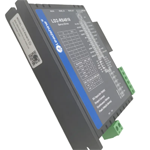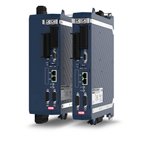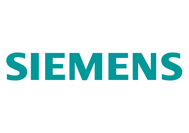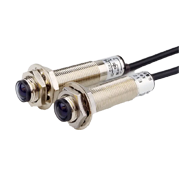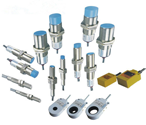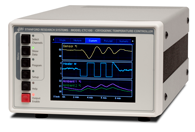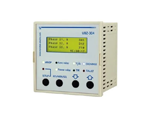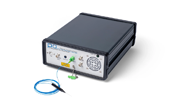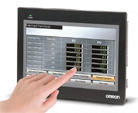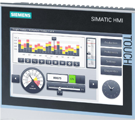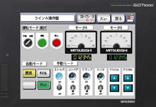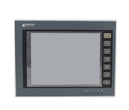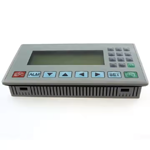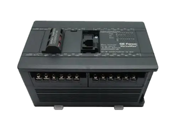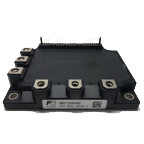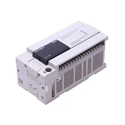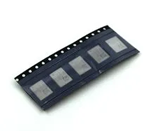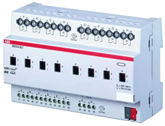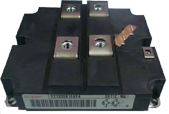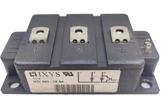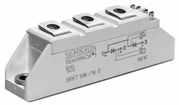- Industrie-LCD-Display
-
Industrial Products
- DC Servo Drive
- AC Servo Drive
- PCB
- Siemens
- Switch Sensor
- Näherungsschalter
- Temperaturregler
- Schutzrelais
- Fiber Optic Sensor
- Encoder
- Fan
- other
- Heidelberg
- MITSUBISHI
- FANUC
- Siemens adapter
- Fujitsu connector
- Der Aufsichtsrat
- Board
- Contactor
- Circuit
- Omron
- Relais.
- Motortreiber
- power supply
- Cable
- Transformator
- HMI Touch-Glas
-
HMI-Vollautomat Ganze Einheit
- OMRON HMI Touch Panel
- Siemens HMI Touch Panel
- Mitsubishi HMI Touch Panel
- Allen-Bradley Automatisierung HMI Touch
- DELTA HMI Touch Panel
- EVIEW DELTA HMI Touch Panel
- KINCO DELTA HMI Touch Panel
- HITECH HMI Touch Panel
- WEINTECK HMI Touch Panel
- TECVIEW HMI Touch Panel
- WEINVIEW HMI Touch Panel
- PANASONIC HMI Touch Panel
- KYOCERA HMI Touch Panel
- SCHNEIDER HMI Touch Panel
- Module
- LCD Wechselrichter
- Membran Tastenfeld Schalter
- Winni Touch Screens
- Frequenzumrichter
- Servo Motor
- PLC
According to the letter of intent signed by Dixon and HKC, the joint venture will engage in the production of liquid crystal modules ("LCM") and thin-film transistor liquid crystal display modules ("TFT-LCD modules"), assemble terminal products such as smartphones, televisions, monitors and automotive displays, and sell HKC-branded terminal products to develop the local market in India.
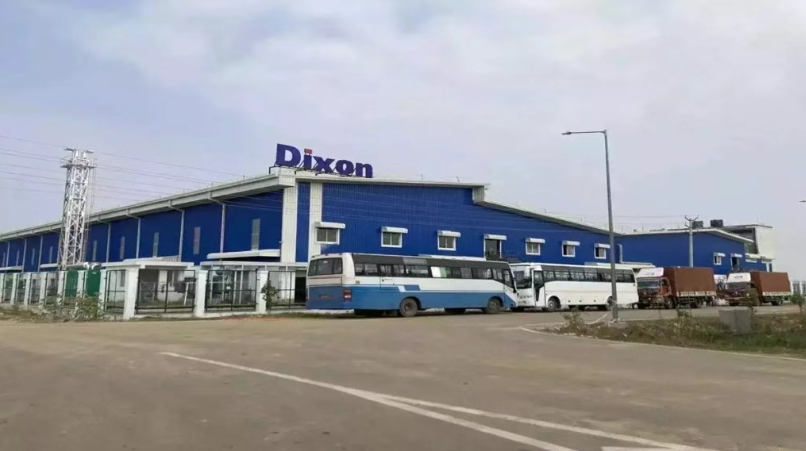
The report pointed out that the investment in the display module will reach about 4 billion rupees (about 340 million yuan).
According to India's 2020 declaration, the Indian government requires that foreign investment from countries bordering India must be approved in advance, and investment in any field is included in this list. As China is one of the countries bordering India, the cooperation between Dixon Technologies and HKC must strictly follow the approval process.
Sunil Vachani told the Press Trust of India (PTI): "HKC is a well-known company in the display field. We plan to cooperate with them to build a display module factory in Noida to supply modules for mobile phones, laptops and TVs. We are also considering acquiring a minority stake in it. The application has been submitted." At that time, he also shared this information as a member of the business delegation accompanying Indian Minister of Commerce and Industry Piyush Goyal.
In addition, Sunil Vachani also said that Dixon Technologies is actively looking for more partners and alliances to deepen India's domestic manufacturing ecosystem in areas such as diodes and components.
Dixon Technologies has captured huge opportunities in the wave of factory automation and has reached cooperation with France's Dassault Group. Major companies have upgraded their production departments to smart manufacturing. Sunil Vachani analyzed: "Factory intelligence is an inevitable trend and digital transformation is imperative. Dixon and many small and medium-sized enterprises are paying attention to the Industry 4.0 plan and are committed to achieving interconnection between machines. In the future, factories will generate massive amounts of data." He also pointed out that Indian and French companies have broad prospects for cooperation in this field.
It is reported that Dixon Technologies has joined hands with Dassault to launch a smart manufacturing plan. Industry 4.0, the fourth industrial revolution, represents the rapid development of technology and the deep integration of digital technology with manufacturing and industrial processes. It covers many technologies such as the Internet of Things, artificial intelligence, robotics and automation, aiming to create smart manufacturing and smart factories.
Sunil Vachani added: "Dixon has invested a lot of money in digital transformation and is working hard to promote the intelligent construction of all factories. We are working with Dassault to promote the manufacturing excellence software in all factories." The company also plans to certify its subsidiaries as "Lighthouse Factories" - such factories are at the forefront of the world in the adoption and integration of advanced technologies, closely related to Industry 4.0 technologies. "This is a significant move that is expected to help us obtain the global recognition of "Lighthouse Factories". Our ultimate goal is to enable many factories to obtain this certification." He emphasized.
Regarding the second round of PLI (Production Linked Incentive) requirements for more components required by the domestic industry, Sunil Vachani said: "I think the industry is quite satisfied with the existing list of components. Most of the high-end components such as cameras and displays are already covered. Dixon itself is gradually moving forward with the production of these components, partly through partnerships and partly in-house. For example, in the case of batteries, the existing list of batteries is already detailed enough and we do not need to add more. The industry itself also has its own responsibilities in terms of component manufacturing companies (PLI)."
Talking about Dixon's investment plan, Sunil Vachani revealed: "In terms of component production, relying on the PLI plan, we will invest more than 12 billion rupees. In addition, an additional investment of 4 billion rupees will be made in the display module field." Dixon will build a new factory in Noida, Uttar Pradesh, which is a greenfield investment project.
It is worth mentioning that Dixon Technologies and Vivo India have established a joint venture and plan to build an OEM (original equipment manufacturer) factory in India, focusing on the production of smartphones and other electronic devices. Dixon holds a 51% majority stake in the joint venture, and Vivo India holds a 49% stake. Sunil Vachani said: "Our current annual production capacity of mobile phones is nearly 60 million to 70 million units. Combined with the production capacity of cooperation with Vivo, we are expected to achieve the goal of an annual production capacity of 100 million units next year."



